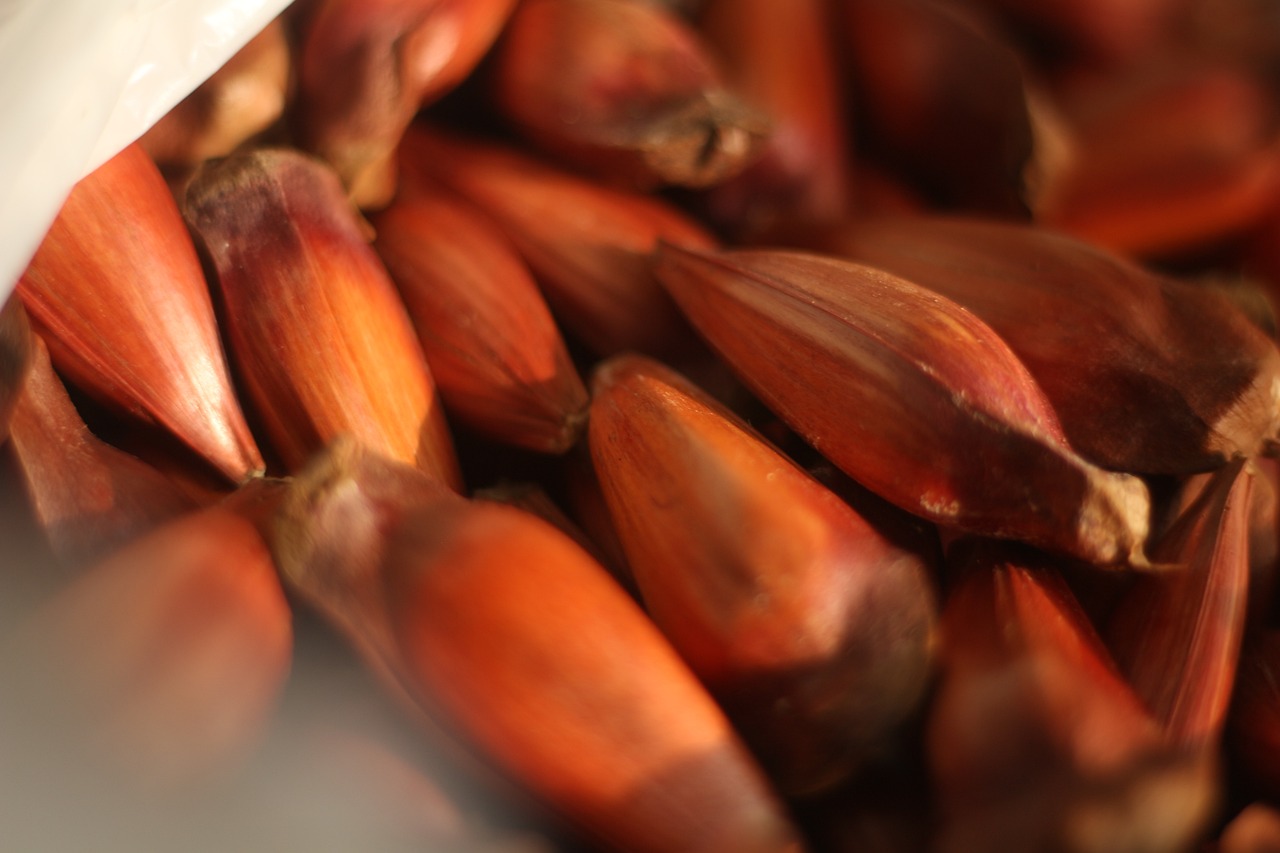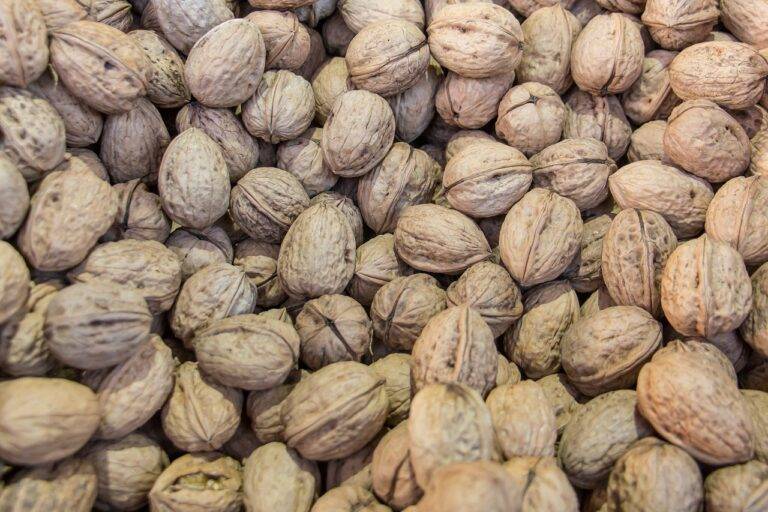The Role of Snacking in a Balanced Diet: Cricketbet999 login, 11xplay online id login, Betbhai9 com
cricketbet999 login, 11xplay online id login, betbhai9 com: Snacking has always been a controversial topic when it comes to maintaining a balanced diet. Some people believe that snacking is detrimental to weight management and overall health, while others argue that snacking can be a beneficial part of a healthy lifestyle. So, what is the role of snacking in a balanced diet?
First and foremost, it’s essential to understand that snacking can either be a positive or negative aspect of your diet, depending on what you choose to snack on. Choosing nutrient-dense snacks such as fruits, vegetables, nuts, and seeds can provide your body with essential vitamins, minerals, and antioxidants. On the other hand, snacking on processed foods like chips, candy, and sugary beverages can lead to weight gain, poor digestion, and an increased risk of chronic diseases.
The key to incorporating snacking into a balanced diet is to choose healthy and nutritious options that will fuel your body and keep you satisfied between meals. Snacking can help prevent overeating during main meals and provide a steady source of energy throughout the day. It can also help maintain blood sugar levels, improve focus and concentration, and enhance physical performance.
Here are some tips for incorporating healthy snacks into your diet:
1. Plan ahead: Make a list of healthy snack options and keep them on hand so that you’re not tempted to reach for unhealthy choices when hunger strikes.
2. Choose whole foods: Opt for whole, minimally processed foods like fruits, vegetables, nuts, seeds, and whole grains. These options are rich in nutrients and will provide long-lasting energy.
3. Watch your portion sizes: While snacking can be beneficial, it’s important to be mindful of portion sizes. Stick to a small handful of nuts, a piece of fruit, or a single serving of yogurt to prevent overeating.
4. Listen to your body: Pay attention to your hunger cues and snack only when you’re truly hungry, not out of boredom or emotion.
5. Stay hydrated: Sometimes our bodies mistake thirst for hunger, so make sure to drink plenty of water throughout the day to stay hydrated and prevent unnecessary snacking.
6. Be mindful: Avoid mindless snacking in front of the TV or computer. Sit down and savor your snack, paying attention to the flavors and textures.
In conclusion, snacking can play a positive role in a balanced diet when done mindfully and with nutritious options. By choosing whole, nutrient-dense foods and practicing portion control, snacking can help fuel your body, prevent overeating, and support overall health and well-being.
FAQs:
Q: What are some healthy snack options?
A: Some healthy snack options include fruits, vegetables, nuts, seeds, whole grain crackers, hummus, Greek yogurt, and homemade trail mix.
Q: How often should I snack?
A: Listen to your body and snack when you’re truly hungry. Aim for 1-2 snacks per day between meals to maintain energy levels and prevent overeating.
Q: Can snacking help with weight loss?
A: Snacking on healthy, nutrient-dense foods can aid in weight loss by preventing overeating during main meals and providing a steady source of energy. Just be mindful of portion sizes and choose sensible options.
Q: What should I do if I crave unhealthy snacks?
A: Find healthier alternatives to satisfy your cravings, such as air-popped popcorn instead of chips, or dark chocolate instead of candy. Remember that it’s okay to indulge occasionally, but moderation is key.







